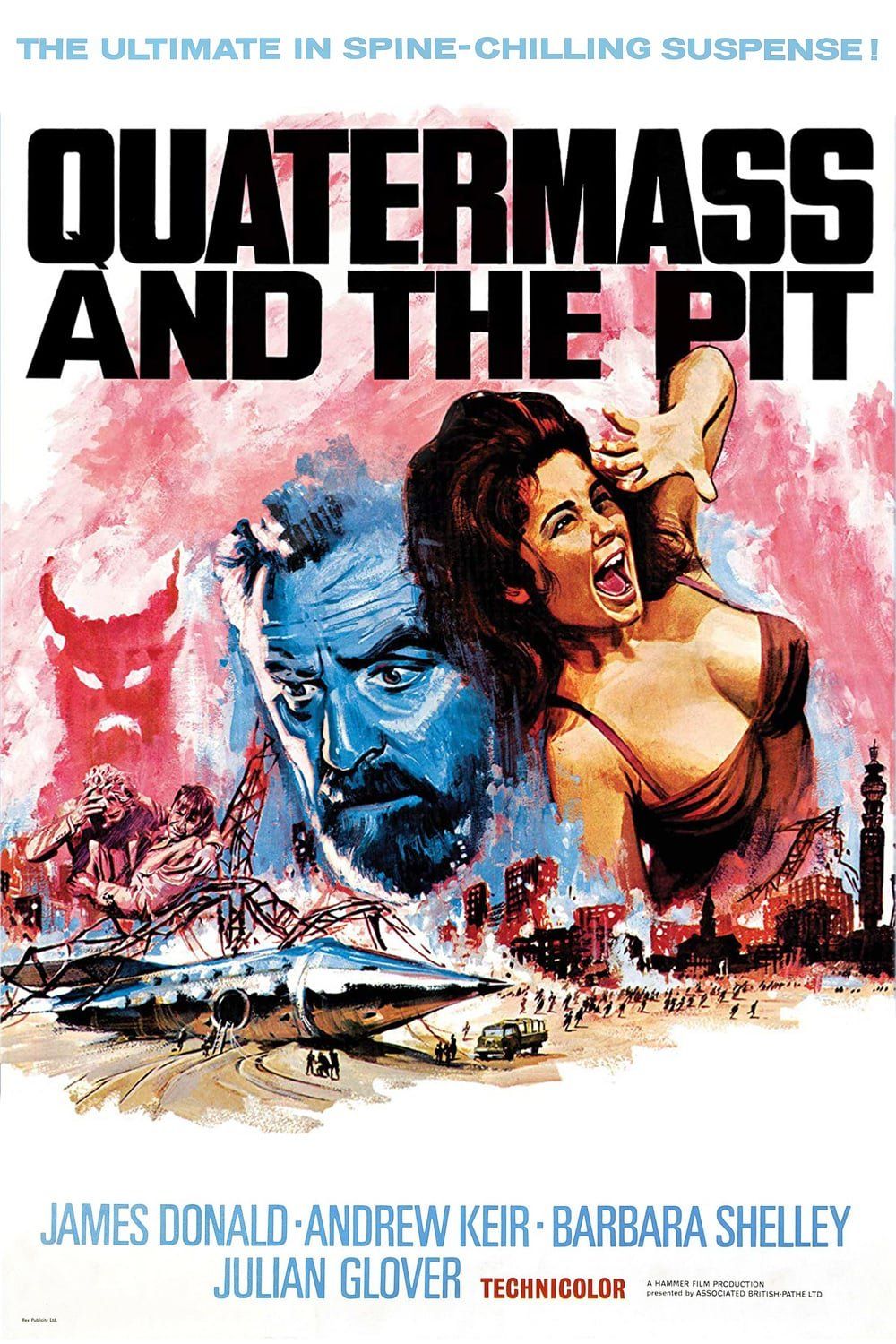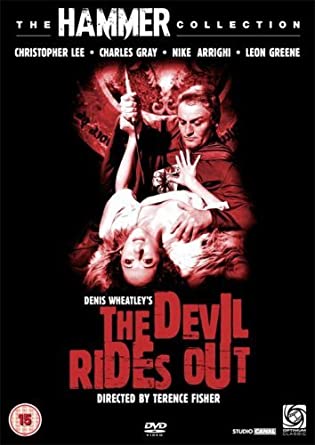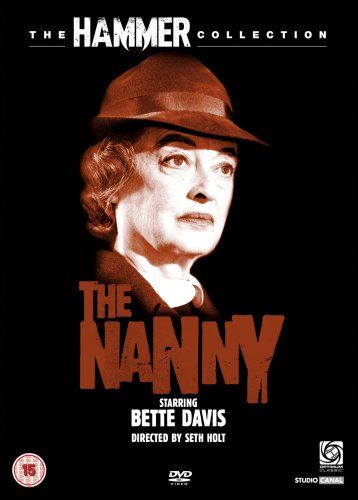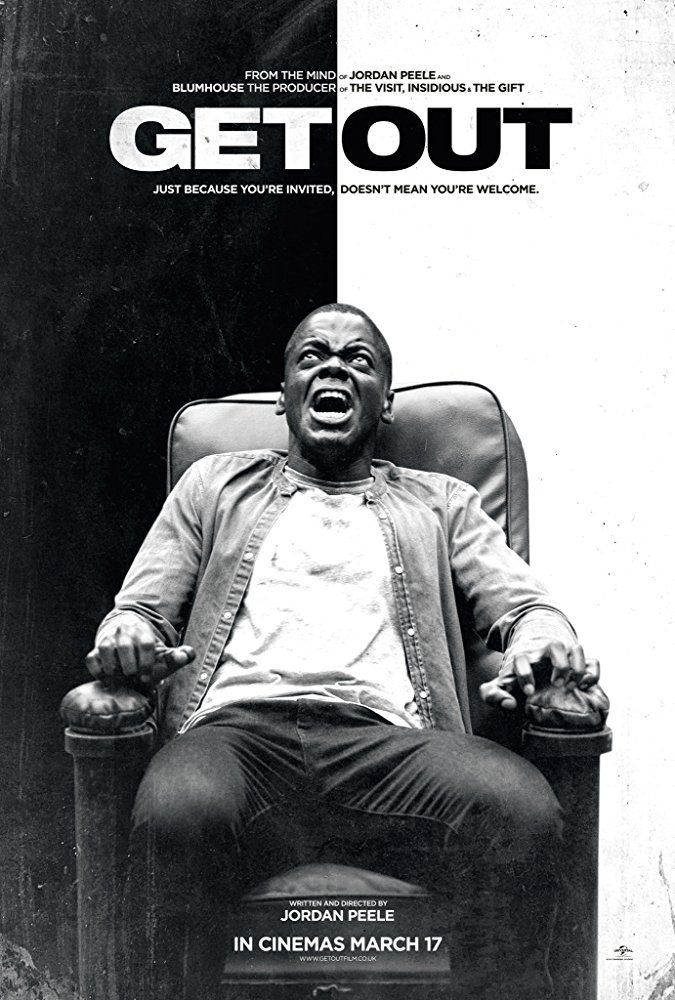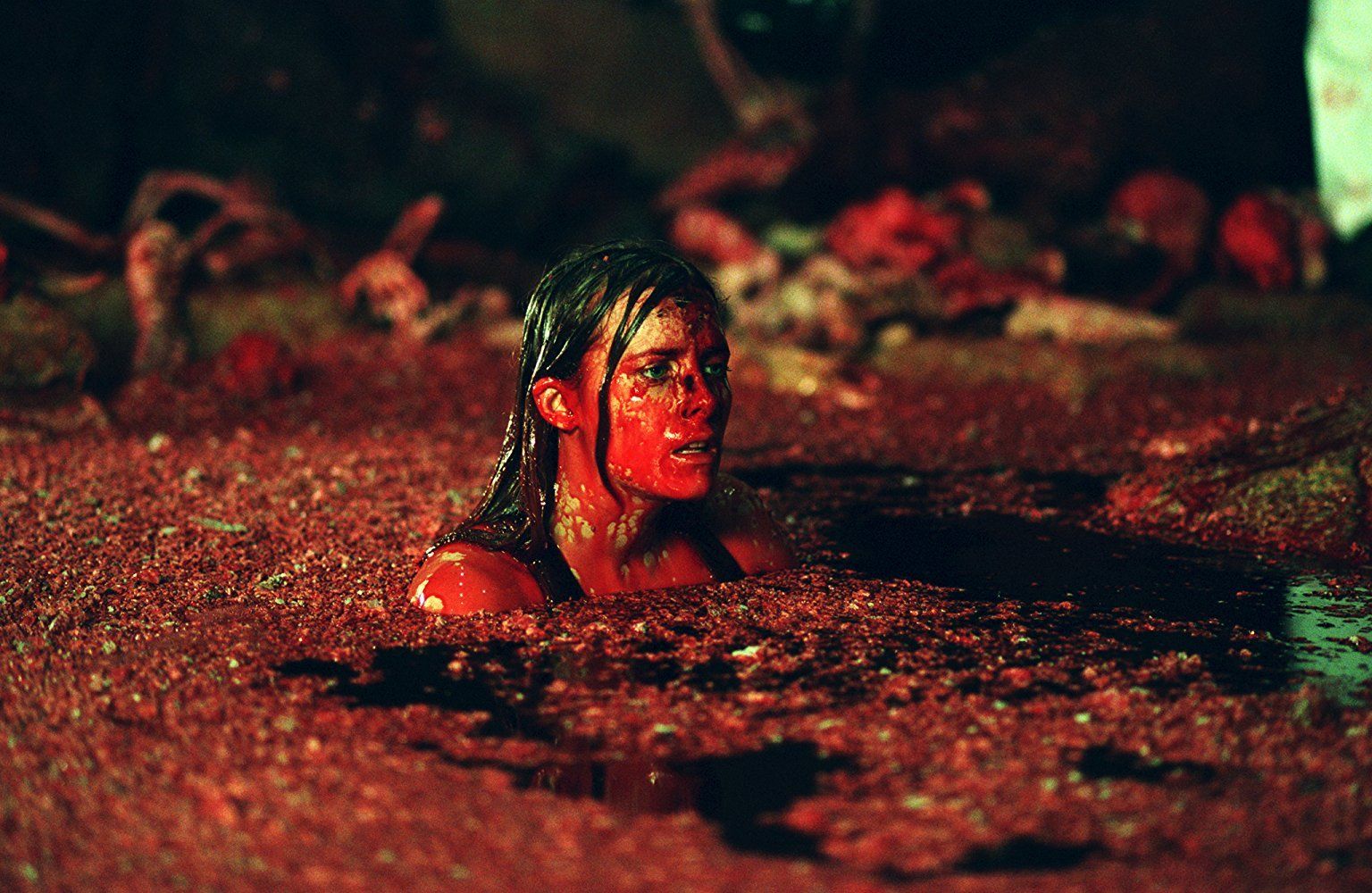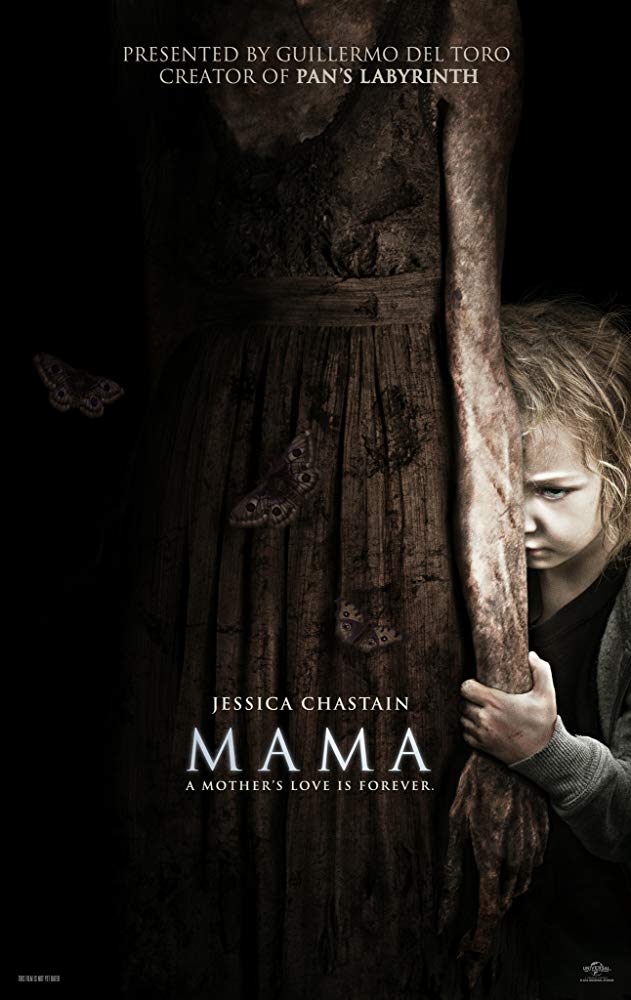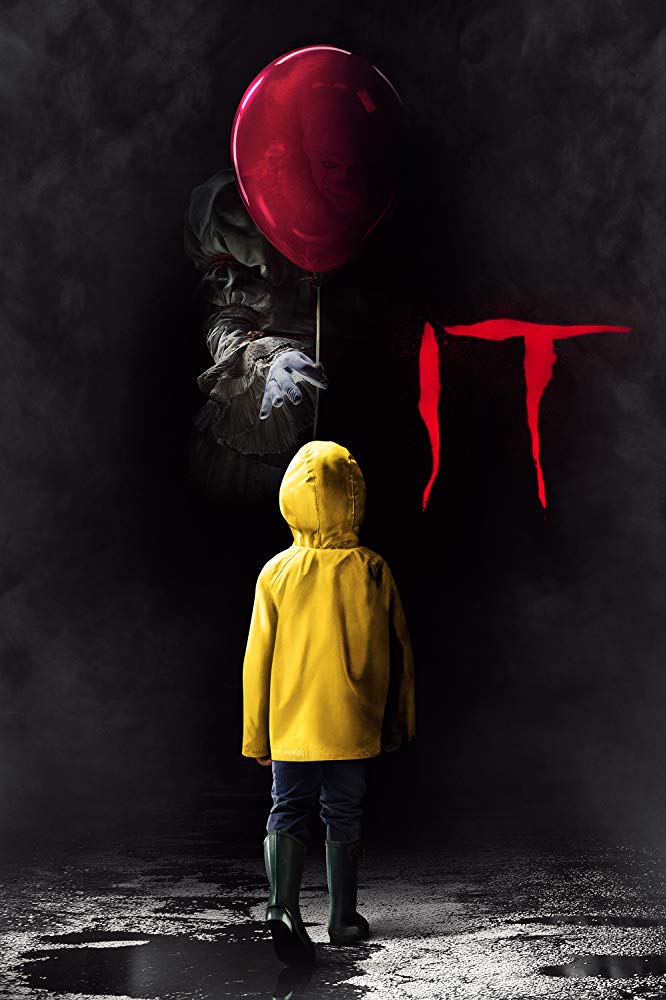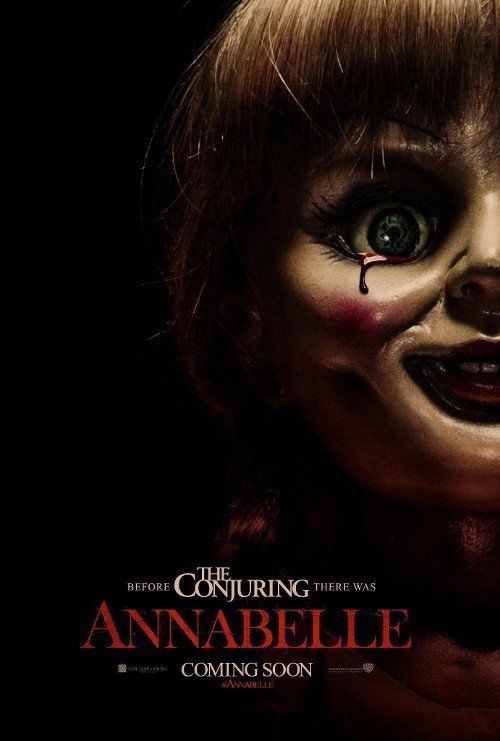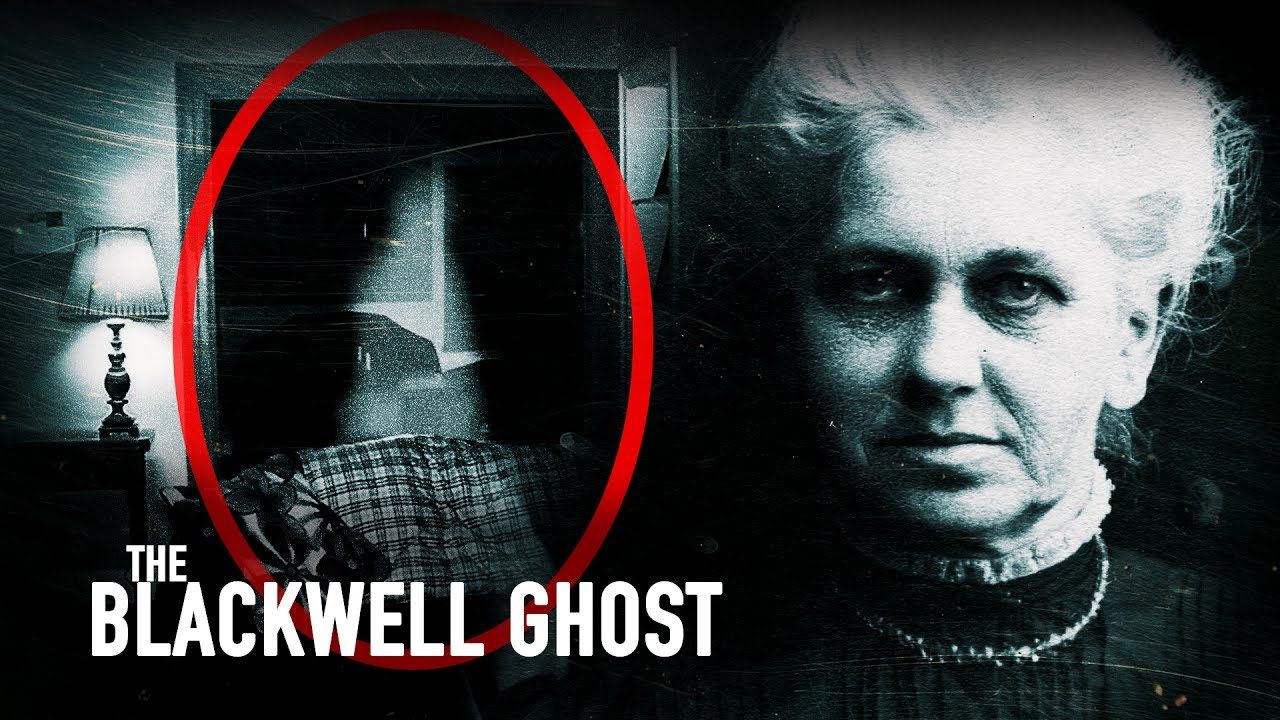"Where will you get a brain?"
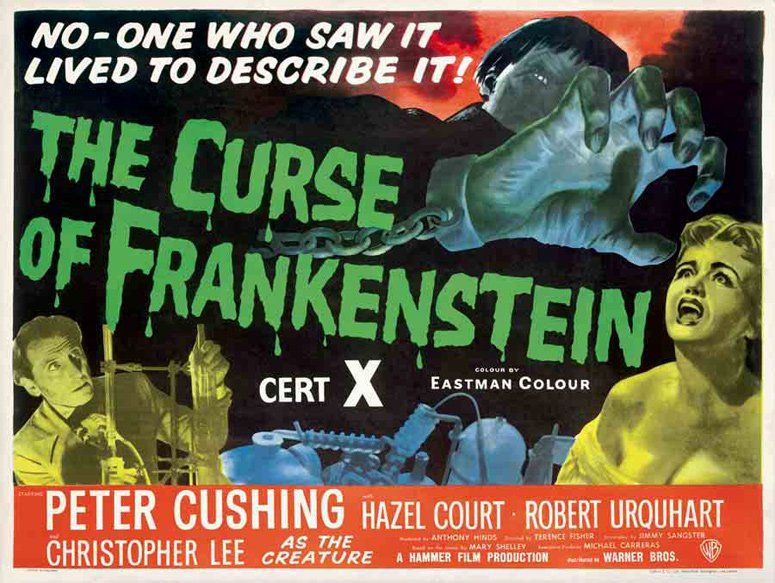
Back on the Hammer trail, The Curse of Frankenstein is considered one of Hammer’s finest films and, after revisiting it, I have to concur. The picture has held up well even sixty years after its release. This is largely due to an engaging, grisly story (the source material isn’t considered a classic without reason), a tight script and a subtle performance from Peter Cushing that is awash with dignity but also riddled with menace.
From IMDB: In prison and awaiting execution, Dr. Victor Frankenstein recounts to a priest what led him to his current circumstance. He inherited his family's wealth after the death of his mother when he was still only a young man. He hired Paul Krempe as his tutor and he immediately developed an interest in medical science.
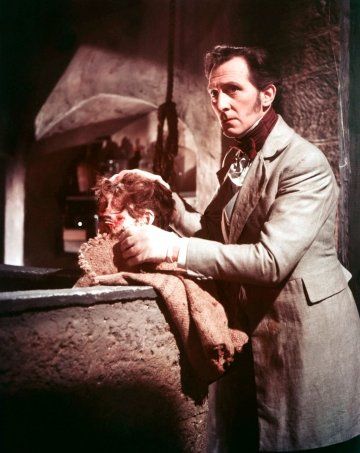
When he manages to reanimate a dog, Frankenstein sets about collecting body parts to construct the perfect human. Through fair means and often foul, Victor manages to get hold of the hands of a pianist and the brain of a renowned scholar. As I was watching I realised I was probably watching an early example of body horror both in terms of story telling and cinema. You don’t see much mutilation but the inference of it leaves a bitter taste in the mouth which has to be a credit to the film’s, and Hammer stalwart, director, Terence Fisher as well as Cushing’s performance. Cushing is extremely convincing of a man driven to succeed, his foul doings all acted upon with the best of intentions, a man who can’t see the horror in what he’s doing. He should be a loathsome character. A murdering, adulterer who robs graves and performs illegal experiments should not be admired, but it’s the power of Cushing’s performance that gets you on his side. You want him to succeed because he’s seemingly unaware of the grimness of his actions and all he seems to want is the recognition of his peers, namely his friend Paul, with whom he regularly shares his progress desperately hoping he will understand what he’s trying to achieve and share the admiration of his own creation.
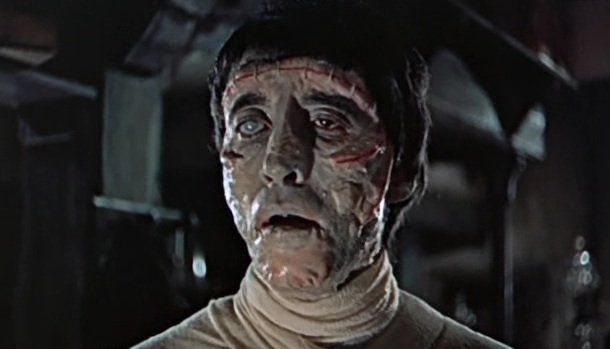
The script is excellent with Cushing delivering subdued menace with aplomb, especially when Paul asked him where he was going to get the brain from, he simply replies, “I don’t know…yet.” Oh the chills. It was a performance that did not require raised voices, evil laughing and other evil genius cliches, a slight change of expression, a wry smile is all Cushing needed to portray his malevolent side.
The monster, Christopher lee, turns up after half way and must have looked quite horrific in 1957. To be honest, the monster could’ve been anyone, but any film with Lee’s name on it exudes a gravitas and the film is richer for his portrayal of the monster. The real horror is the Frankenstein’s unrepentant drive, his willingness to sacrifice others for his own benefit, the result of his actions, a lesson we can all learn.
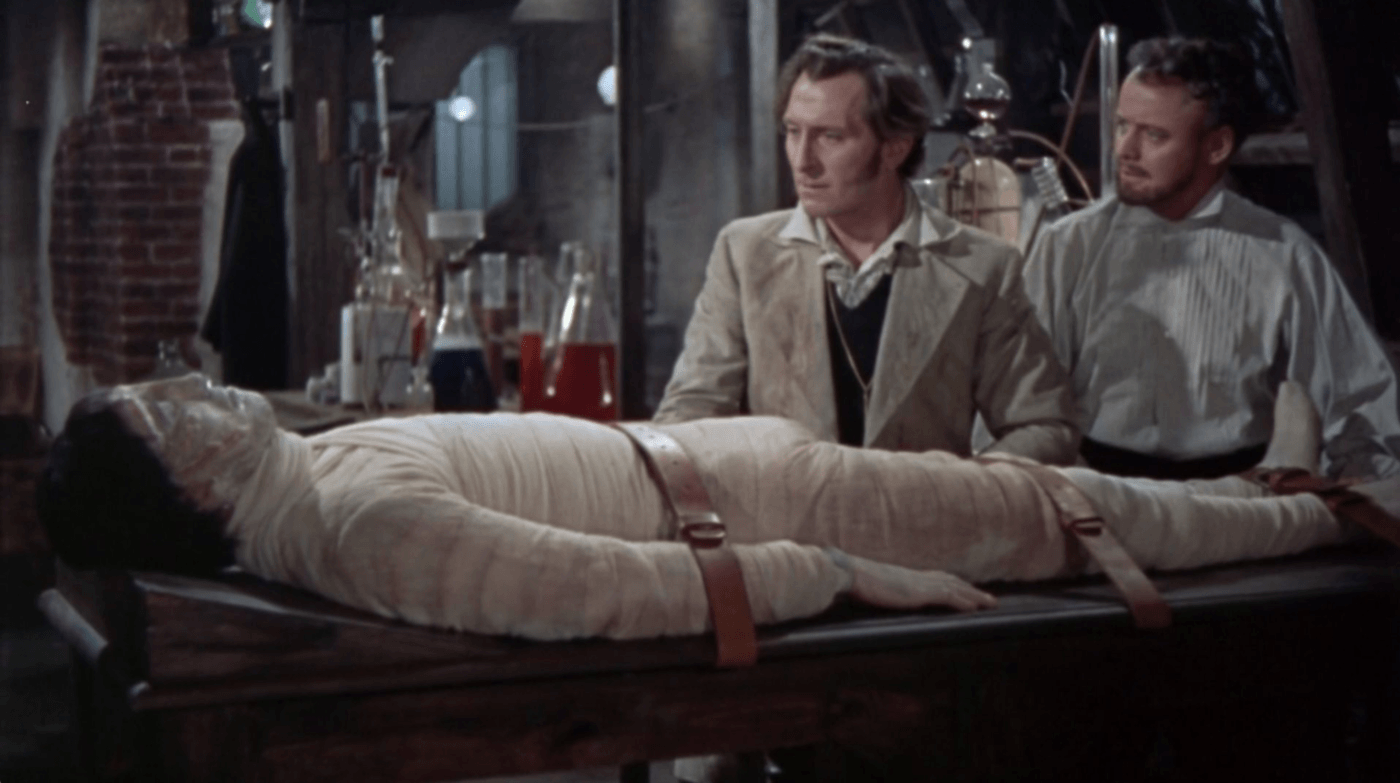
The character of Paul is Frankenstein’s friend, torn between loyalty and disgust and Robert Urquhart adds charm and brings a good chemistry with Cushing and their friendship is very believable. The token marrying material/wife, Elizabeth, played by Hazel Court, is probably the weakest part in the film as her part was written by the numbers and if she was removed completely I don’t think film would’ve suffered. I found the maid a more interesting character, a shunned woman, Victor, was just using for carnal pleasure
To think this film came out the same year as The Abominable Snowman is astonishing. For me, The Abominable Snowman is a throwback to machine gun dialogue, clunky scripts and wooden acting, whereas The Curse of Frankenstein feels like a fresh, innovative style of films to come. If you watch the two films back to back you may see what I mean. 90/100
